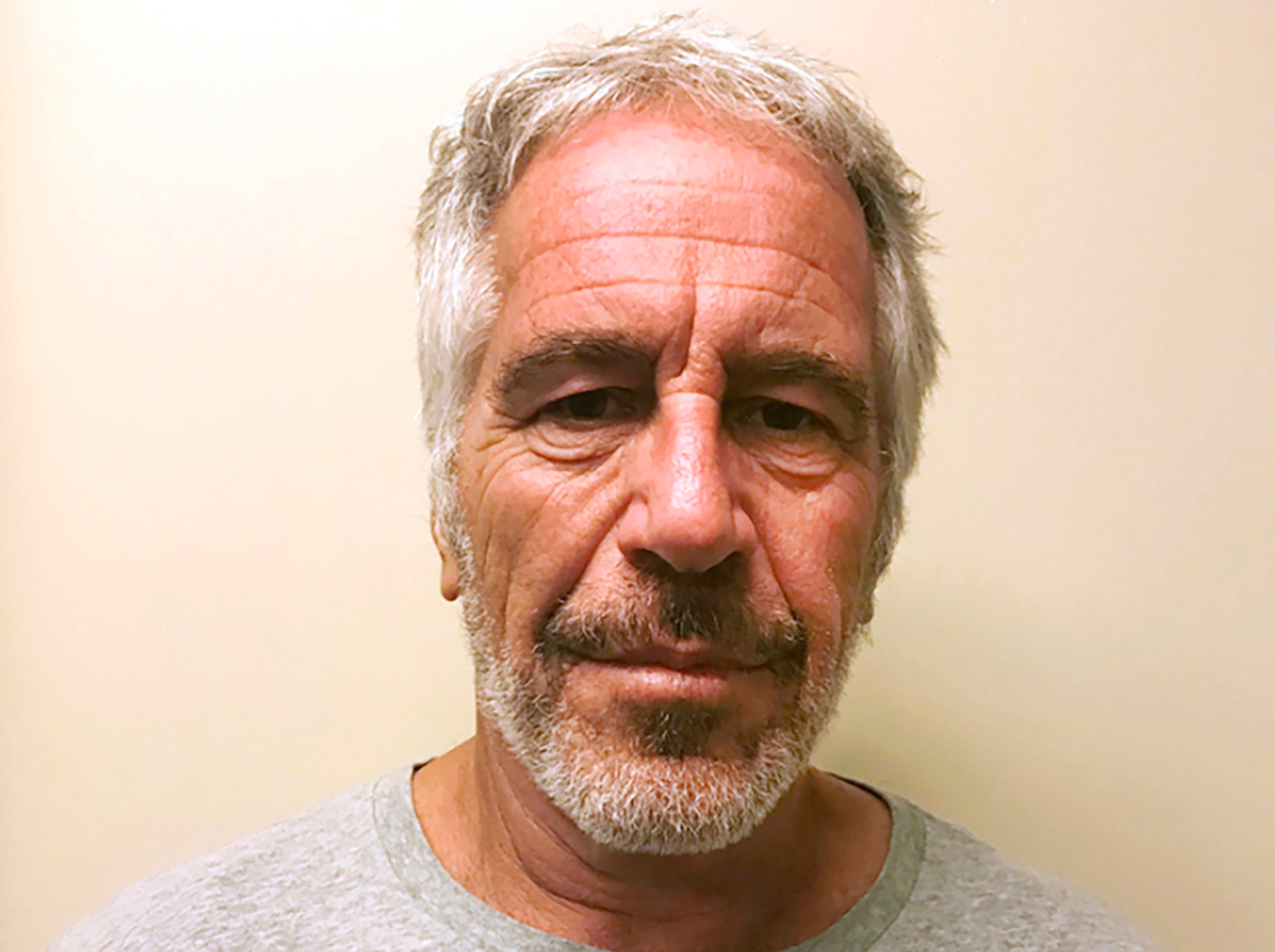Justice Dept.: 'Poor judgment' used in Epstein plea deal
A Justice Department report has found former Labor Secretary Alex Acosta exercised “poor judgment” in handling an investigation into wealthy financier Jeffrey Epstein when he was a top federal prosecutor in Florida

Your support helps us to tell the story
From reproductive rights to climate change to Big Tech, The Independent is on the ground when the story is developing. Whether it's investigating the financials of Elon Musk's pro-Trump PAC or producing our latest documentary, 'The A Word', which shines a light on the American women fighting for reproductive rights, we know how important it is to parse out the facts from the messaging.
At such a critical moment in US history, we need reporters on the ground. Your donation allows us to keep sending journalists to speak to both sides of the story.
The Independent is trusted by Americans across the entire political spectrum. And unlike many other quality news outlets, we choose not to lock Americans out of our reporting and analysis with paywalls. We believe quality journalism should be available to everyone, paid for by those who can afford it.
Your support makes all the difference.A Justice Department report has found former Labor Secretary Alex Acosta exercised “poor judgment” in handling an investigation into wealthy financier Jeffrey Epstein when he was a top federal prosecutor in Florida.
The report, obtained by The Associated Press, is a culmination of an investigation by the Justice Department’s Office of Professional Responsibility over Acosta’s handling of a secret plea deal with Epstein, who had been accused of sexually abusing dozens of underage girls.
Under the 2008 non-prosecution agreement – also known as an NPA – Epstein pleaded guilty to state charges in Florida of soliciting and procuring a minor for prostitution. That allowed him to avert a possible life sentence, instead serving 13 months in a work-release program. He was required to make payments to victims and register as a sex offender.
The investigation centered on two aspects of the Epstein case — whether prosecutors erred or committed misconduct by resolving the allegations through a non-prosecution agreement, and also whether they mishandled interactions with victims in the case.
The report concludes that none of the attorneys committed misconduct in their interactions with the victims because there was no “clear and unambiguous duty” to consult with victims before entering into the non-prosecution agreement.
Epstein was later charged by federal prosecutors in Manhattan for nearly identical allegations in 2019, but he took his own life while in federal custody as he awaited trial.
The Justice Department’s internal probe concluded that Acosta’s “decision to resolve the federal investigation through the NPA constitutes poor judgment.”
Investigators found that although it was within his broad discretion and did not result from “improper favors,” the agreement was “a flawed mechanism for satisfying the federal interest that caused the government to open its investigation of Epstein.”
The investigation included interviews with more than 60 witnesses and a review of hundreds of thousands of Justice Department records. Officials from the Office of Professional Responsibility identified as subjects of the investigation Acosta, three former supervisors in his prosecuting office as well as an assistant United States attorney involved in the Epstein case.
The report drew immediate condemnation from Sen. Ben Sasse, a Republican from Nebraska, who has questioned Justice Department officials about the plea deal repeatedly.
“Letting a well-connected billionaire get away with child rape and international sex trafficking isn’t ‘poor judgment’ – it is a disgusting failure. Americans ought to be enraged," Sasse said. “Jeffrey Epstein should be rotting behind bars today, but the Justice Department failed Epstein’s victims at every turn.”
The report concluded that Acosta, who took responsibility in interviews for his decisions, had the authority as the U.S. attorney “to resolve the case as he deemed necessary and appropriate, as long as his decision was not motivated or influenced by improper factors.” The office said its investigation had turned up no evidence that Acosta was swayed by “impermissible considerations, such as Epstein’s wealth, status, or associations” and in fact had resisted efforts by defense lawyers to return the case to the state for whatever outcome the state wanted.
The report also did not find that a well-publicized 2007 breakfast meeting with one of Epstein’s attorneys led to the non-prosecution agreement — which had been signed weeks earlier — “or to any other significant decision that benefited Epstein.” Records reviewed by the office show that prosecutors weighed concerns about witness credibility and the impact of a trial on victims, as well as Acosta’s concerns about the Justice Department’s proper role in prosecuting solicitation crimes.
“Accordingly,” the report said, “OPR does not find that Acosta engaged in professional misconduct by resolving the federal investigation of Epstein in the way he did or that the other subjects committed professional misconduct through their implementation of Acosta’s decisions.”